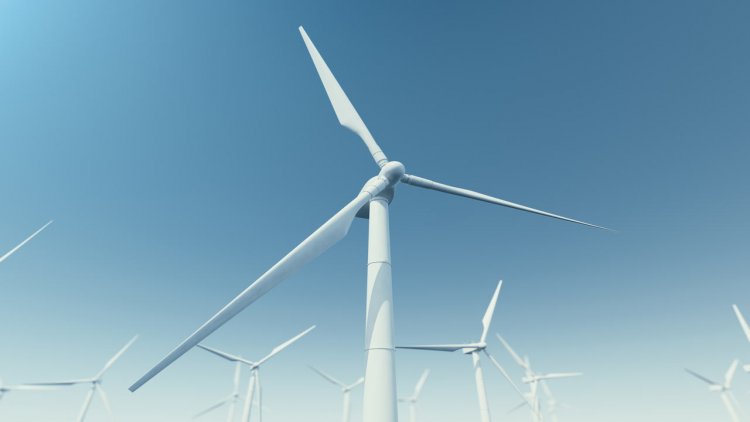The Offshore Renewable Energy (ORE) Catapult and the Workboat Association (WA) have been selected by UK Government to develop a Technology Roadmap, outlining a route to the decarbonisation of North Sea offshore wind operations and maintenance (O&M) vessels.
The roadmap will consider key areas such as vessels, ports, and alternative fuels. The Department for Transport (DfT) and the Foreign, Commonwealth & Development Office (FCDO) are funding this research and an accompanying industry engagement programme – both in the UK and Europe – ahead of the UK Government hosting COP26, due to take place in November 2021 in Glasgow.
As part of this engagement, ORE Catapult and the WA will undertake one-to-one interviews and focus groups with a wide range of stakeholders, including: wind farm and port operators; vessel designers, operators and ship builders; electrical and alternative fuel producers, distribution and storage providers; maritime regulation, certification and market experts; as well as local, regional and national government departments and agencies.
The programme will inform the Roadmap, due in Spring next year. It will recommend a set of clear, evidence-based guidelines with an aim to inform industry, investors and policymakers on how to best decarbonise the sector.

Maritime Minister Robert Courts said:
“Our maritime sector is vital to the success of the UK’s economy, but emissions create a global challenge, requiring an international solution. With over £20m being invested into greener maritime, and an ambitious Clean Maritime Plan to cut carbon across the sector, the UK is turning the tide on reducing emissions.”
Chris Hill, Director of Operational Performance at ORE Catapult added:
“We are pleased to be delivering this important project in support of UK Government. The UK has a strong maritime heritage as well as thriving, innovative maritime and clean-tech industries. By helping to identify the right interventions and actions for government, industry and regulators, we hope that the rapid decarbonisation of the offshore wind industry’s maritime logistics will prove to be a springboard to broader maritime decarbonisation and the creation of a thriving clean maritime industry in the UK.”
Hernan Vargas, O&M Engineer and Roadmap Lead for Vattenfall added:
“As an operator of offshore wind farms we are committed to enhancing the sustainability of the way that we operate these sites, including the vessel logistics needed to move out technicians, tools and parts to and from the wind farm. Decarbonising maritime logistics is a real focus for our business and we welcome the initiative from UK government to help develop a better understanding of some of the technical, regulatory and market challenges involved.”
Kerrie Forster, Chief Executive Officer of the Workboat Association, said:
“UK registered vessels make up the largest market share of the global offshore wind <500gt vessel sector, the outcomes of this project are fundamental to both our UK membership and external membership, with benefits directly affecting the wider international offshore wind and workboat sectors.”



